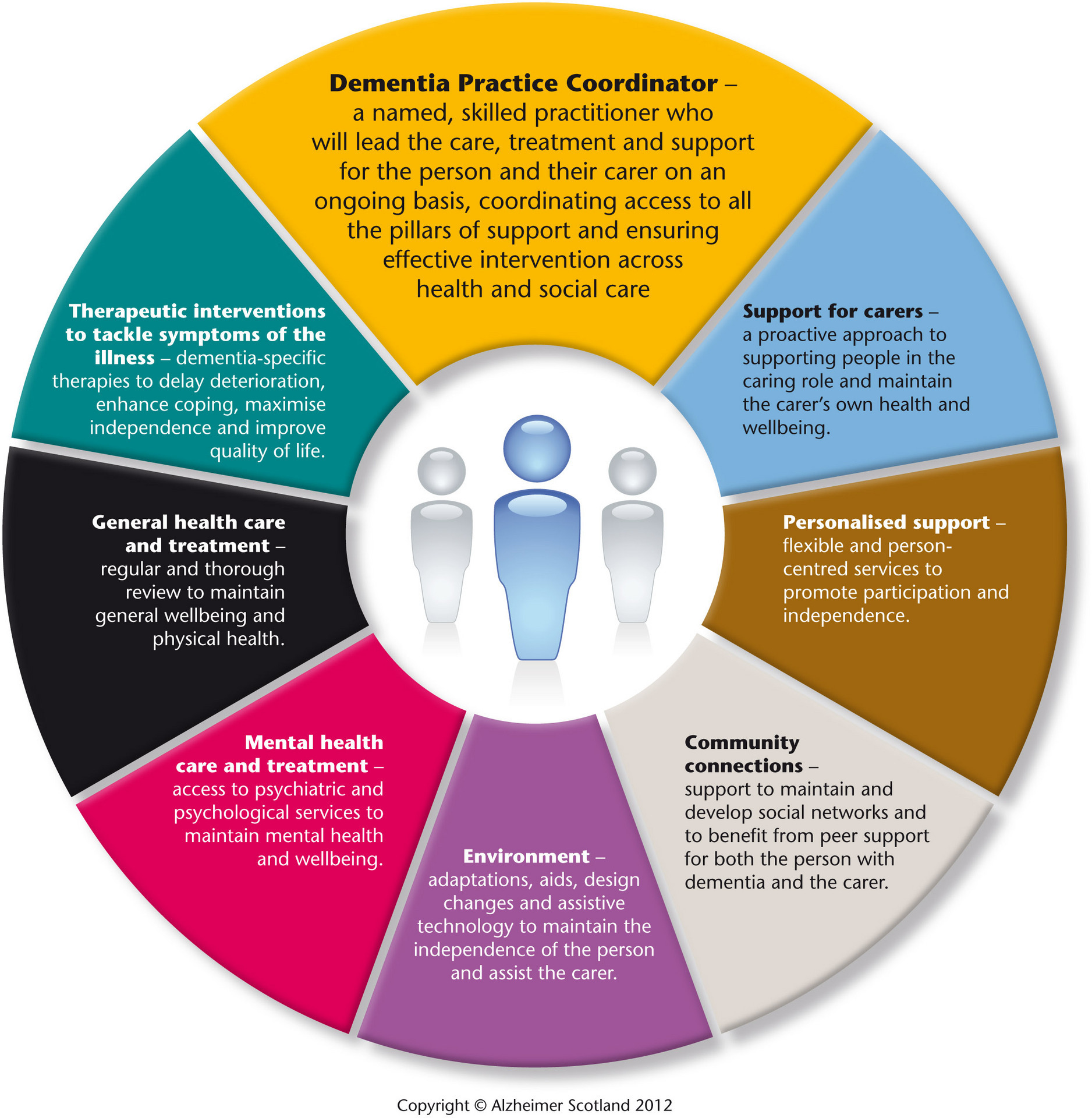The Power of Community Support in Mental Wellness: A Key to Unlocking Happiness

As humans, we are social creatures that thrive in the presence of others. Our relationships with family, friends, and community play a vital role in our overall well-being and mental health. In today’s fast-paced world, where technology has made it easier to connect with people globally, it’s essential to recognize the significance of community support in our mental wellness journey.
The Impact of Social Isolation on Mental Health
Research has shown that social isolation can have a devastating impact on our mental health, leading to increased stress, anxiety, depression, and even physical health problems (Hawkley et al., 2010). On the other hand, a strong support system can provide a sense of belonging, reduce stress, and improve our mental well-being (Cohen et al., 2015). This is why community support is essential for individuals struggling with mental health issues.
The Benefits of Community Support
Community support offers numerous benefits for our mental and emotional well-being. Some of the key advantages include:
- Emotional Support: A community that provides emotional support can help us navigate through life’s challenges, providing a sense of security and stability.
- Validation and Acceptance: Being part of a community that accepts and validates our experiences can boost our self-esteem and confidence.
- Social Connections: Community support helps us build and maintain social connections, which are essential for our mental and emotional well-being.
- Access to Resources: Communities often provide access to resources, such as counseling services, mental health support groups, and educational programs, that can aid in our recovery and growth.
Building a Supportive Community
Building a supportive community requires effort and commitment from individuals, organizations, and communities as a whole. Here are some strategies to help you build a supportive community:
- Volunteer: Engage with local organizations, charities, or community groups to develop relationships and connections.
- Join a Support Group: Participate in support groups for individuals with mental health conditions or interests.
- Host Community Events: Organize events, workshops, or gatherings to bring people together and foster connections.
- Be an Active Listener: Practice active listening skills to help others feel heard and understood.
The Role of Mental Health Professionals

Mental health professionals play a vital role in supporting community members struggling with mental health issues. Some ways mental health professionals contribute to community support include:
- Providing Counseling Services: Mental health professionals offer one-on-one counseling, group therapy, or family therapy.
- Education and Training: They provide educational programs and workshops on mental health topics, such as stress management, anxiety, and depression.
- Advocacy: Mental health professionals advocate for community members, working to break down stigmas associated with mental illness.
Creating a Compassionate and Supportive Environment
Creating a supportive environment is essential for promoting mental wellness and protecting mental health. Here are some ways to achieve this:
- Foster Open Communication: Encourage open and honest communication about mental health, creating a safe space for sharing and discussing concerns.
- Prioritize Self-Care: Promote self-care practices, such as exercise, meditation, or mindfulness, to help individuals manage stress and maintain their well-being.
- Reduce Stigma: Work to break down stigmas associated with mental illness by promoting education and awareness about mental health.
Conquering the Mental Health Stigma
Conquering the stigma surrounding mental illness requires collective effort. Here are some strategies to help:
- Raise Awareness: Organize awareness campaigns, workshops, or events to educate people about mental health.
- Promote Mental Health Conversations: Encourage conversations about mental health, breaking down stigmas and fostering understanding.
- Celebrate Mental Health Heroes: Recognize individuals who have overcome mental health challenges, inspiring others to do the same.
Breaking Down Barriers to Support
Breaking down barriers to support is crucial for ensuring everyone has access to the resources and connections they need. Here are some strategies to help:
- Increase Accessibility: Ensure community resources and services are accessible to everyone, regardless of age, ability, or background.
- Engage with Vulnerable Populations: Focus on supporting communities that are underserved or marginalized, providing them with the support and resources they need.
- Empower Community Leaders: Identify and empower community leaders who can champion mental health causes and promote support for their peers.
By harnessing the power of community support, we can create a more connected and compassionate society that prioritizes mental wellness. Remember, every connection matters, and every individual has the potential to make a positive impact in the lives of others.
Take Action Today
Join the movement to support mental wellness by:
- Sharing this article with someone who may need it.
- Volunteering your time to help a community in need.
- Hosting a mental health event or workshop in your community.
- Prioritizing self-care and practicing compassion for yourself and others.
Together, we can build a world that values and supports mental wellness. Share this article with your network and join the conversation on social media using the hashtag #CommunitySupportForMentalWellness.

